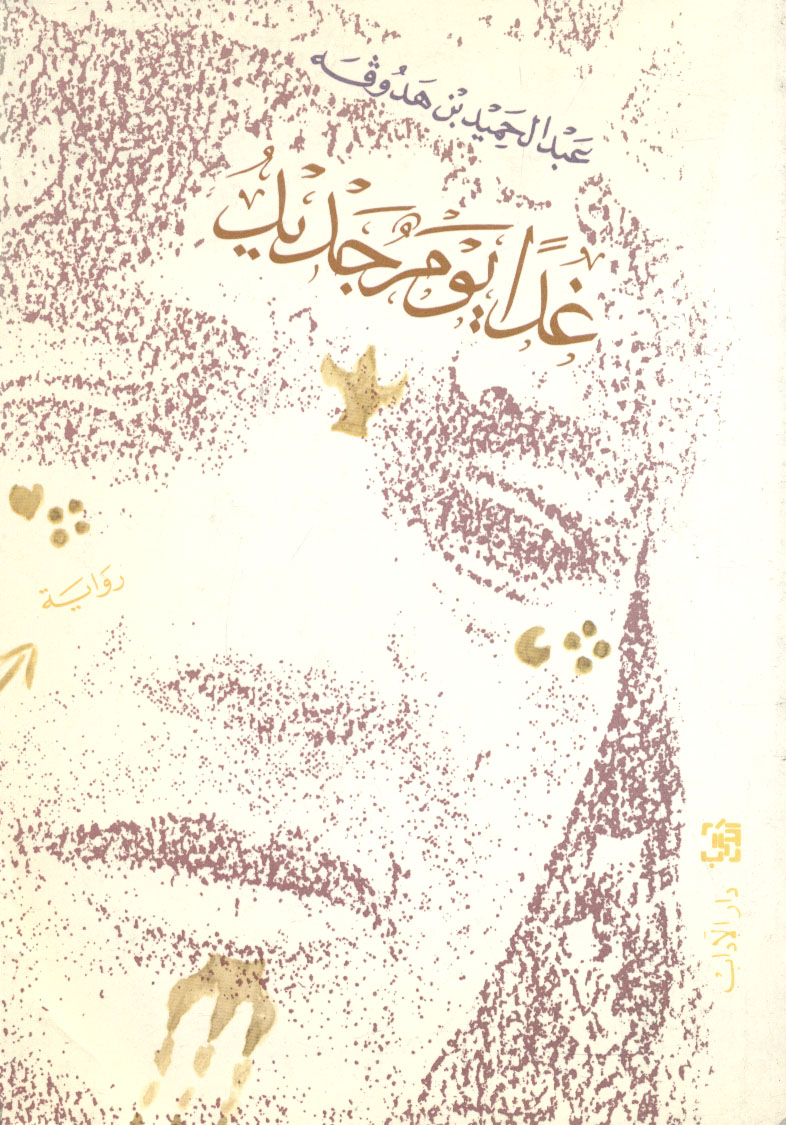Born in 1925 in El Mansoura (today Bourdj Bou Arreridj), Algeria, he died in 1996 in Algiers. He studied in both Arabic and French, first in the small village of El-Hamra and then at the Khattaniyya Institute in Constantine and at Zitouna University in Tunis. He wrote radio plays in Arabic for the ORTF and the BBC. A nationalist and activist during the Algerian War, he left for France in 1955. In 1958, he joined the Front de libération nationale (FLN) in Tunis where he worked at the radio stations “La voix de l’Algérie” and “Radio Tunis”. Back in Algeria in 1962, he became President of the National Council for Culture (1990) and Vice-President of the National Consultation Council (1992).
He wrote several novels, the best known of which is Rih al-janub (South Wind, 1971), which deals with the agrarian question. It was adapted for the cinema, translated into French, Dutch, German, and Spanish and is considered by critics as the first true Algerian novel in Arabic.
His novels describe the post-independence years marked by a burning desire to build something revolutionary and beautiful in line with the ambition that followed the independence of the country, but also marked by the disillusionment following the great and disproportionate expectations. In addition, he presents the eternal conflict between tradition and modernity, especially with regard to the condition of women, often leading characters in his novels.

